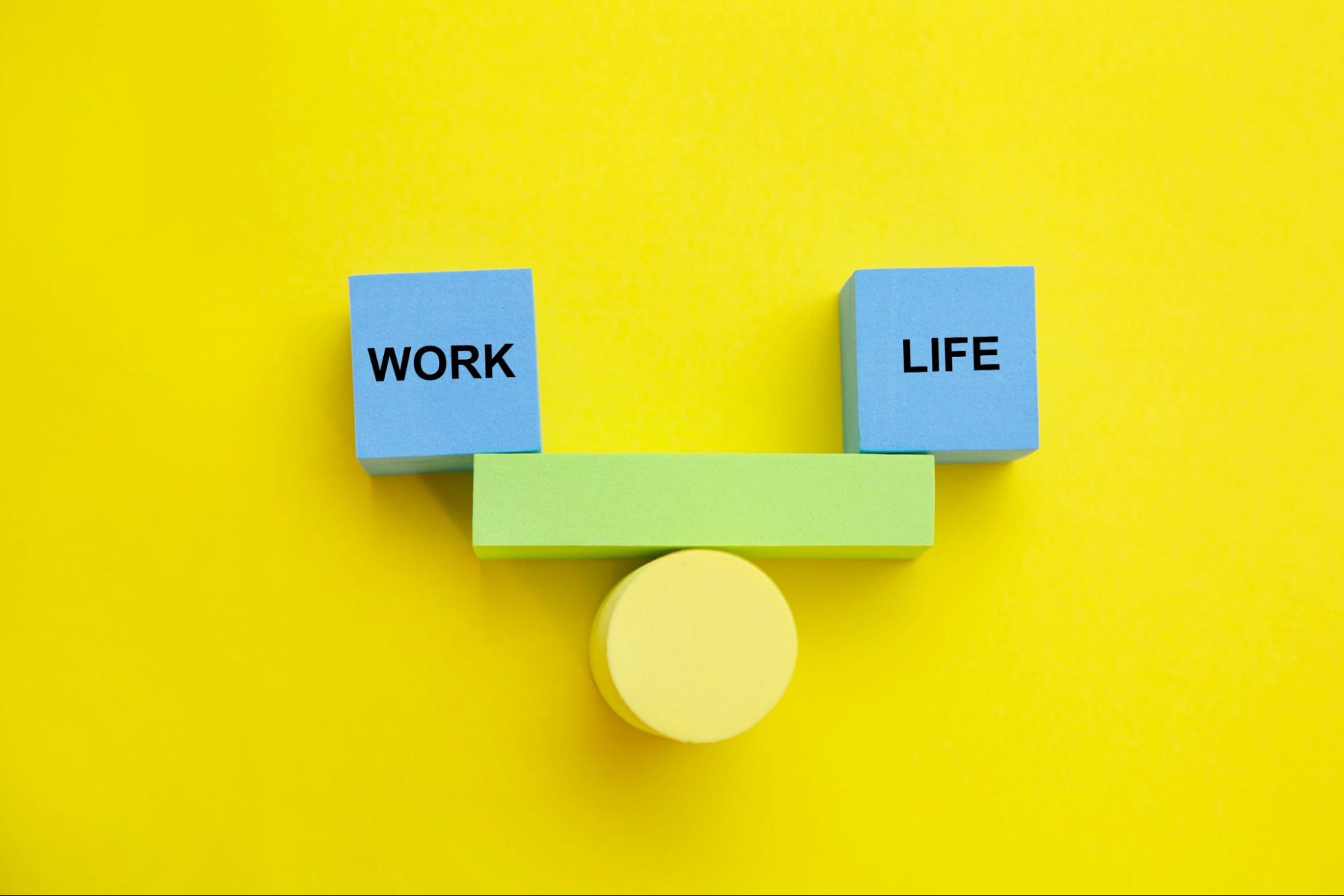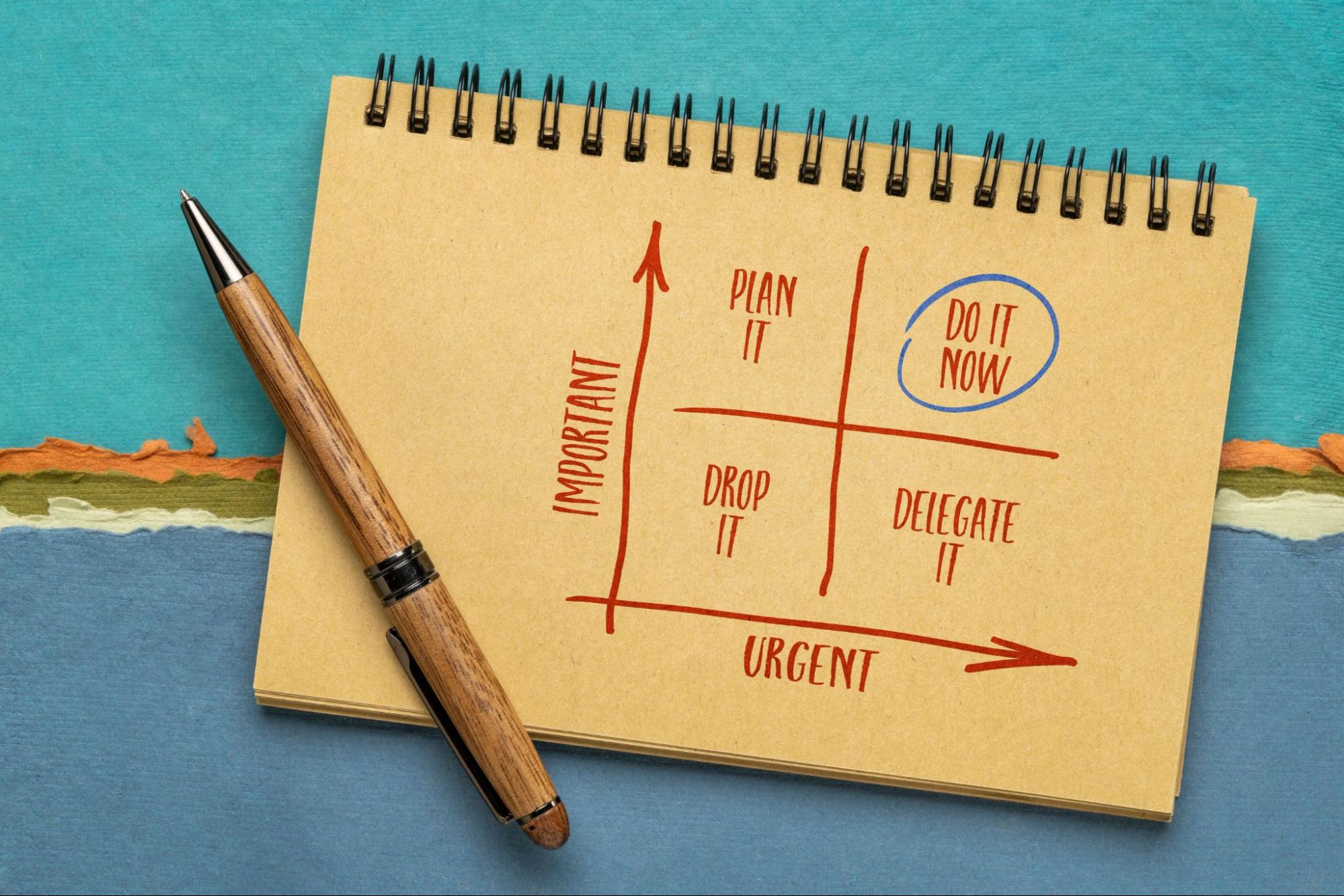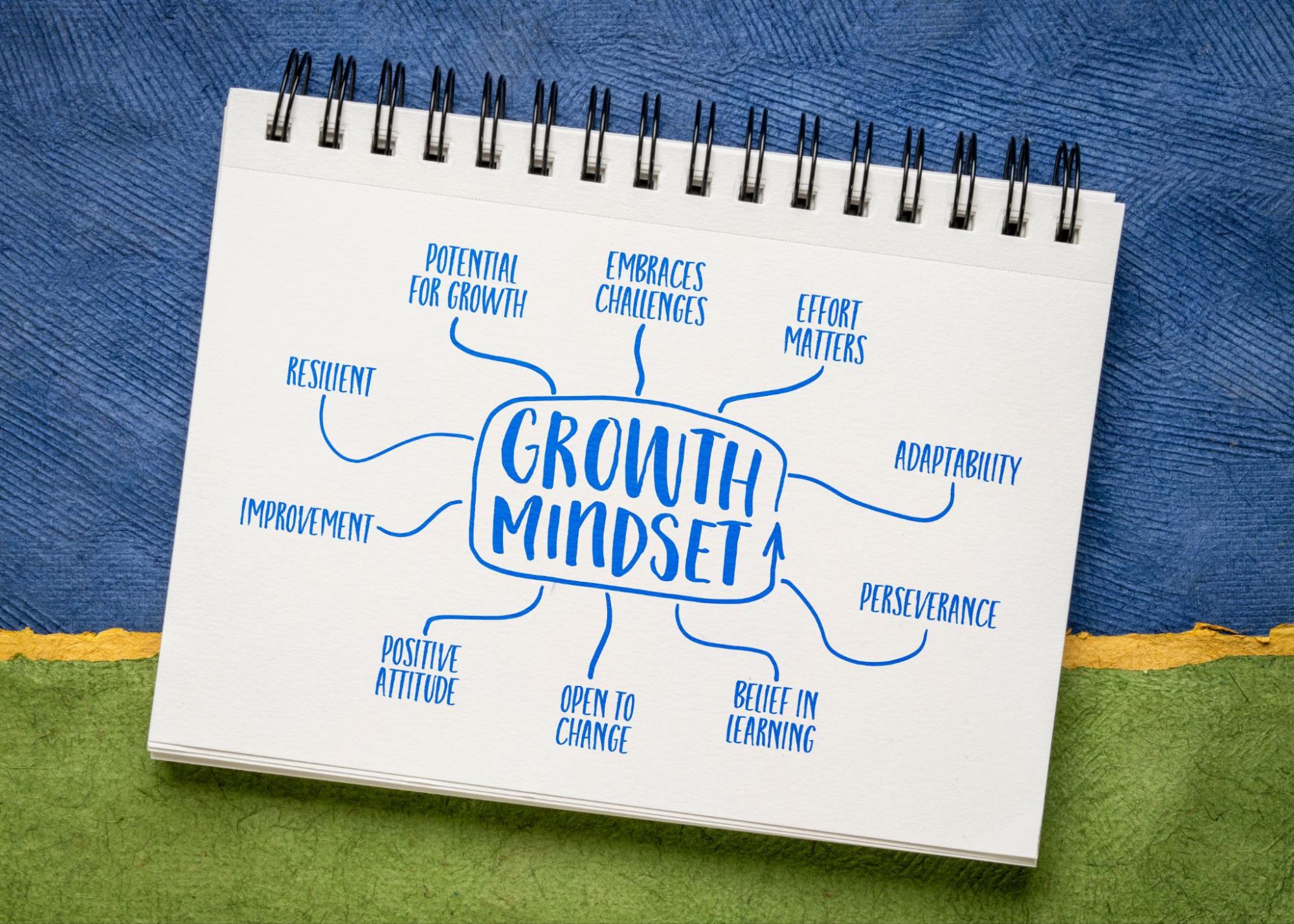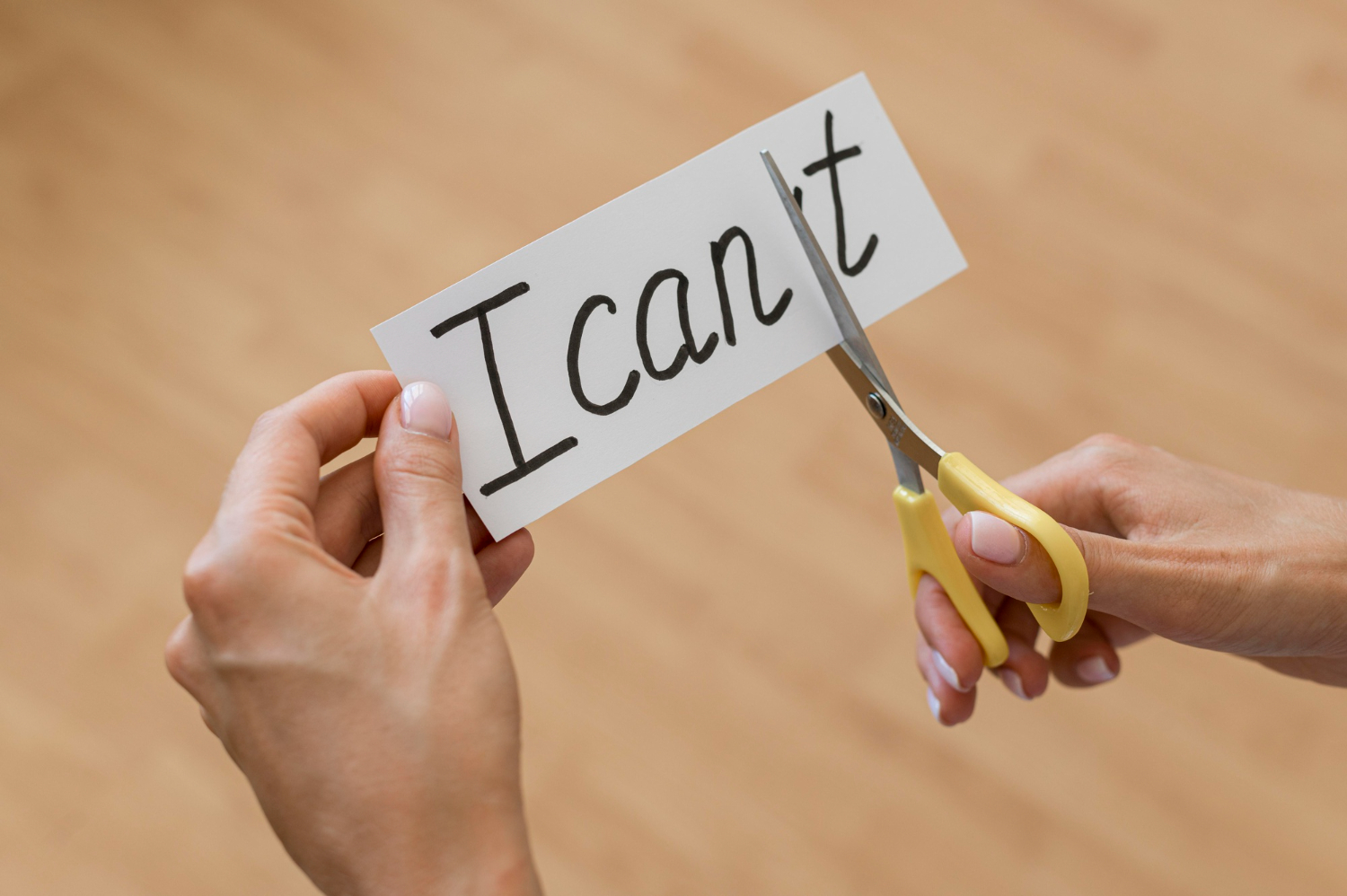How to Overcome Challenges at Work: Tips from a Career Coach

In life, we encounter many challenges, and successful people handle them with different strategic approaches. Instead of perceiving challenges as barriers, successful individuals choose to embrace them as opportunities for personal and professional development.
The confidence of successful individuals is driven by their ability to let go of the negativity holding them back. The secret to overcoming challenges at work is to move forward with resilience by following your heart and allowing your passion to be your guide.
In this blog, we’ll explore five common challenges at work and how to deal with them using expert tips from a career coach and by adopting a growth mindset.
Common Challenges in the Workplace
1. Poor Time Management
Poor time management contributes to heavy workloads, causing stress, burnout, and decreased productivity if not addressed and handled properly. Professionals often struggle to juggle multiple tasks and meet tight deadlines, which can be understandably overwhelming. It is difficult to deliver urgent assignments, ongoing projects, and unrealistic expectations from colleagues or supervisors, making them all valid challenges at work.
2. Interpersonal Conflicts
Workplaces bring together people who have different personalities, opinions, and working styles. Disagreements and conflicts are challenges at work that can happen because of misunderstandings, competition, or communication problems. When these issues aren’t managed properly, they can create a hostile work environment and affect how the team works together.
3. Lack of Recognition and Opportunities
When people feel undervalued or stuck in the same position for a long time, it can lead to disengagement and dissatisfaction. The lack of recognition and career advancement opportunities are challenges at work that can negatively impact employee performance. Individuals need to find meaning and in their work or feel that their organisation cares about their professional development.
4. Maintaining Work-Life Balance
Balancing professional responsibilities with personal commitments can be challenging, particularly for those in demanding roles or remote work setups. With no clear boundaries, work can take over personal time and cause stress and burnout.
5. Adapting to Change
Change happens in every workplace, whether with new technology, company reorganisation or rebranding. Adjusting to these changes can be hard, especially if it requires learning and applying new skills and processes.
Tips on How to Deal with Challenges at Work
1. Plan Strategically
Challenges at work are supposed to help you improve or gain skills–not to drain you. When facing a heavy workload, prioritize tasks based on deadlines and importance. Use the Eisenhower Matrix to identify tasks that need immediate attention from those that can be scheduled later.
To make task challenges at work less overwhelming, develop a daily or weekly action plan, breaking down large tasks into manageable steps. You can create a simple to-do list to help you stay organized oir use project management tools like Trello, Asana, to improve remote collaboration. If you can’t seem to find a solution on your own, reach out talk to your supervisor or colleague and ask for help in prioritizing responsibilities.
2. Develop Effective Communication
Miscommunication is usually the root of all misunderstandings and the cause of interpersonal conflicts. The best way to handle conflict at work and prevent it in the future is to develop effective communication through active listening or by being sensitive to both verbal and nonverbal cues.
Effective communication in times of conflict involves being able to stay calm, composed, and professional with understand the other person’s point of view before responding. Express yourself using “I” statements to take accountability for your thoughts, feelings, and opinions and avoid generalisations or sounding accusatory. Try your best to focus on resolving the issue rather than proving a point.
3. Advocate for Yourself
Feeling undervalued or overlooked can be demotivating. To address this, you need to communicate your career goals to your manager. Be proactive in showcasing your skills and accomplishments. Document your achievements, projects, and contributions and share them during performance reviews with your manager. Ask for feedback or guidance on how to improve your performance.
Take initiative by helping with new projects. You can volunteer for extra work responsibilities, but it should never be at the cost of your health and personal commitments. Enrolling in training courses and earning certifications will also show your commitment to growth and help you advance in your career.
4. Set Boundaries and Prioritise Self-Care
Establish specific work hours and communicate these with your colleagues and supervisors. Use time management techniques, like the Pomodoro Method, to improve productivity during work hours and avoid working late into personal time. As a lifestyle coach, I always advise individuals to incorporate self-care habits into their daily routines.
Besides improving your physical health with regular exercise, proper nutrition and hygiene, also consider mindfulness practices, or hobbies, you enjoy outside of work. Taking time to recharge helps you deal with challenges at work and overcome them eventually. It improves your focus and overall well-being and allows you to perform better professionally. Sometimes, you need to detach yourself from a difficult situation to come back with fresh solutions.
5. Cultivate a Growth Mindset
Change is inevitable. The only way to overcome change is to push yourself to evolve and adapt with a growth mindset.
Think of change as a chance to learn and grow. Instead of avoiding challenges at work involving new processes or technologies, see how they can help you acquire new skills. Be open to feedback and seek training, courses, or coaching to build confidence.
Your Mindset Influences How You Deal With Challenges at Work
Life doesn’t always work the way you want it to, but you have 24 hours in the day to design it the way you want it to be. Make your time count. Reflect on everything you could be grateful for and find the best solution available whenever you are facing a problem. If you are aware of your passion, dreams, goals, and vision, you can make conscious choices that will allow you to take a huge leap forward on your path to success.
When the ‘saboteurs,’ those who try to destroy the life foundation you have been building, come towards your way, set limits to distance yourself from their vicinity. Positive people help you unlock your full potential, while negative ones drag you down with them. Challenges can be handled better with the right company, as you aim to help each other get back on your feet.
How you deal with challenges at work is your choice. It’s up to you to proceed with either a fixed or growth mindset.
Growth Mindset vs. Fixed Mindset
The first step to developing a growth mindset is to know what it means to have a fixed mindset. That way, we can catch ourselves and be aware of habits or beliefs that are holding us back from becoming better versions of ourselves.
A “fixed mindset” tells us that we can’t change. It is believed that success only comes naturally to individuals who are born smart, skilled, or talented, discounting effort, ambition, passion, or willingness to improve. People with a fixed mindset tend to avoid challenges at work, seeing them as obstacles they are not equipped to resolve.
A growth mindset thrives on change. Individuals with a growth mindset welcome challenges at work, viewing failure as a springboard for expanding our existing abilities and unlocking our potential skills.
Need professional help from a career coach to identify challenges at work and how to deal with them?
You’ve come to the right place. As a Certified Professional Co-Active Coach® (PCC, CPCC, ORSC, NLP), my approach to executive coaching aims to balance the ‘being’ and the ‘doing’ through deep connection. With executive coaching, I aspire to improve your personal branding as your source of career growth by utilizing various assessment tools. In my transformational journey, overcoming challenges at work brought so much clarity to my being and actions.
Schedule a free introductory session with me and learn how to overcome workplace challenges and unlock your full potential to thrive in your workplace. Remember, your success is driven by your mindset.
- September 2025
- August 2025
- July 2025
- June 2025
- May 2025
- April 2025
- March 2025
- February 2025
- January 2025
- December 2024
- November 2024
- October 2024
- September 2024
- August 2024
- July 2024
- June 2024
- May 2024
- December 2023
- November 2023
- August 2023
- July 2023
- June 2023
- May 2023
- April 2023
- March 2023
- February 2023
- January 2023
- December 2022
- November 2022
- October 2022
- September 2022
- August 2022
- July 2022
- June 2022
- May 2022
- April 2022
- March 2022
- February 2022
- January 2022
- December 2021
- November 2021
- October 2021
- September 2021
- August 2021
- July 2021
- June 2021
- May 2021
- April 2021
- March 2020
- February 2020
- January 2020
- December 2019
- November 2019
- October 2019
- September 2019
- August 2019
- July 2019
- June 2019
- May 2019
- April 2019
- March 2019
- February 2019
- January 2019
- December 2018
- November 2018
- October 2018
- September 2018
- August 2018
- July 2015
- May 2014











